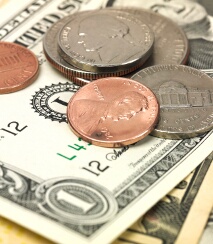The US dollar was strong during the past trading week thanks to risk aversion caused by the crisis in Turkey, though that same factor made other safe currencies compete with the greenback, and the Japanese yen emerged as a winner.
The Turkish lira remained in a free fall as US sanctions against Turkey and hyperinflation made the currency unattractive to investors. While Turkey is not a world’s major economy, exposure of European banks to Turkish assets caused worries about possible spillover of the crisis to the European banking system. That bolstered safe currencies, including the dollar, though the yen came out as the strongest one.
The New Zealand dollar was the weakest not just because of risk aversion, but also due to the dovish stance demonstrated by the Reserve Bank of New Zealand. The Great Britain pound also had its own negative factor, weighing on the currency, in the form of fears of a hard Brexit.
Meanwhile, the Canadian dollar was resilient due to the positive employment report, which boosted chances of an interest rate hike from the Bank of Canada. But the loonie was still felt pressure from concerns about NAFTA negotiations.
EUR/USD dropped from 1.1566 to 1.1498 over the week. GBP/USD declined from 1.3121 to 1.2764. USD/JPY fell from 111.80 to 110.87.
If you have any questions, comments or opinions regarding the US Dollar,
feel free to post them using the commentary form below.
US Dollar Ends Week Strong on Back of Turkish Crisis
